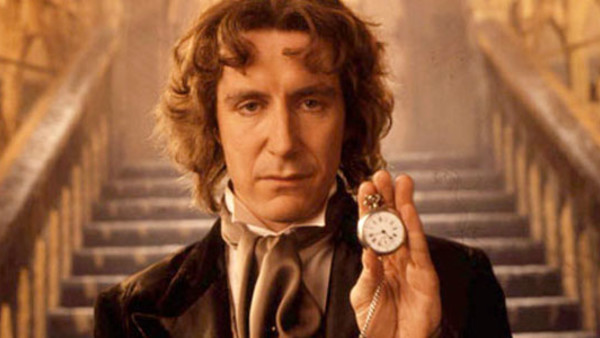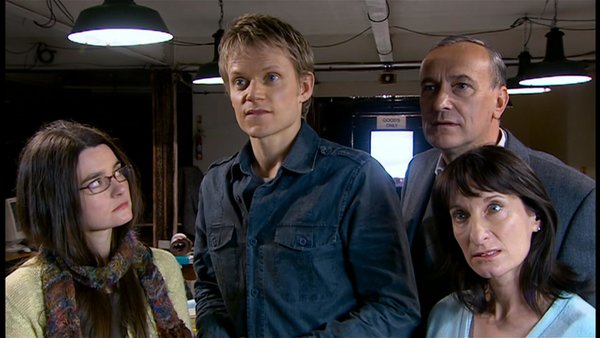10 Ways That Doctor Who Was Better In The 1990s
Doctor Who Is Better When It's Not On The TV...

In 1989, Doctor Who finished its 26th season with a promise to return "soon." The problem was, nobody could tell fans just how when that "soon" would be.
So began Doctor Who's dreaded Wilderness Years, a fallow period where there was no continuing series of Doctor Who to enjoy each year. And yet, Doctor Who never dies, it simply regenerates, and there were multiple ways in which fans attempted to keep the flame alive. Out of this darkness came a creatively rich period of the show that put control into the hands of fans, who would later go on to have a big impact on its future.
Meanwhile, on BBC1, there was a raft of programmes that showed just what a Doctor Who shaped hole there was in their schedules. Short-lived, critically derided TV series like Crime Traveller or Invasion: Earth lacked the magic and charm of Doctor Who.
The BBC tried to revive a number of old UK shows, like the Vic Reeves and Bob Mortimer vehicle Randall & Hopkirk (Deceased), but none of them could hold a candle to Doctor Who. Out of this darkness came Russell T Davies' bold new vision for the show, but it also provided fans with some brilliant Doctor Who stories and experiences.
10. Local Groups

In an age before social media, you had to seek out fellow Doctor Who fans. This wasn't always easy in the days when the show was no longer a going concern. However, in small enclaves across the country, the faithful kept the flame alive. Partly because it was still legal to smoke in pubs.
Doctor Who fan groups met in pubs across the UK to watch old episodes, play stupid games, and share rumours about the impending comeback that wouldn't surface for over a decade. In these pubs you could trade tapes of Doctor Who stories that hadn't yet been released commercially or had since been deleted from the home entertainment catalogues.
While these pub groups often had their own strange rituals, secret meetings, and entry requirements they could be incredibly welcoming places. At a time when the Doctor's return felt further away than ever, these were an easy and enjoyable way to find your tribe and form friendships for life.
There's a reason that, when Doctor Who finally returned in 2005, Russell T Davies penned an affectionate tribute to these fan groups. It was called Love and Monsters, and these famously thick-skinned Doctor Who fans very much took it in jest and embraced the spirit that was intended...